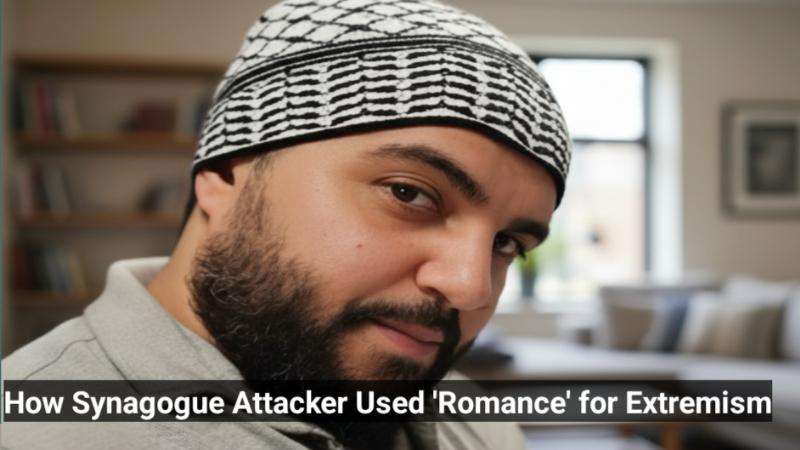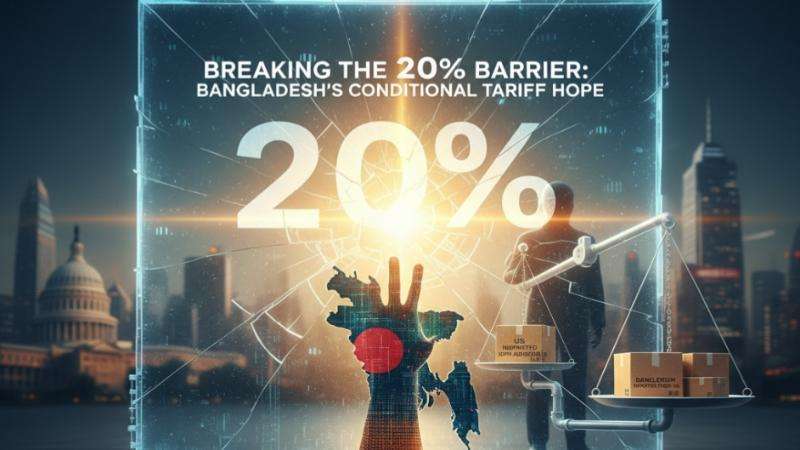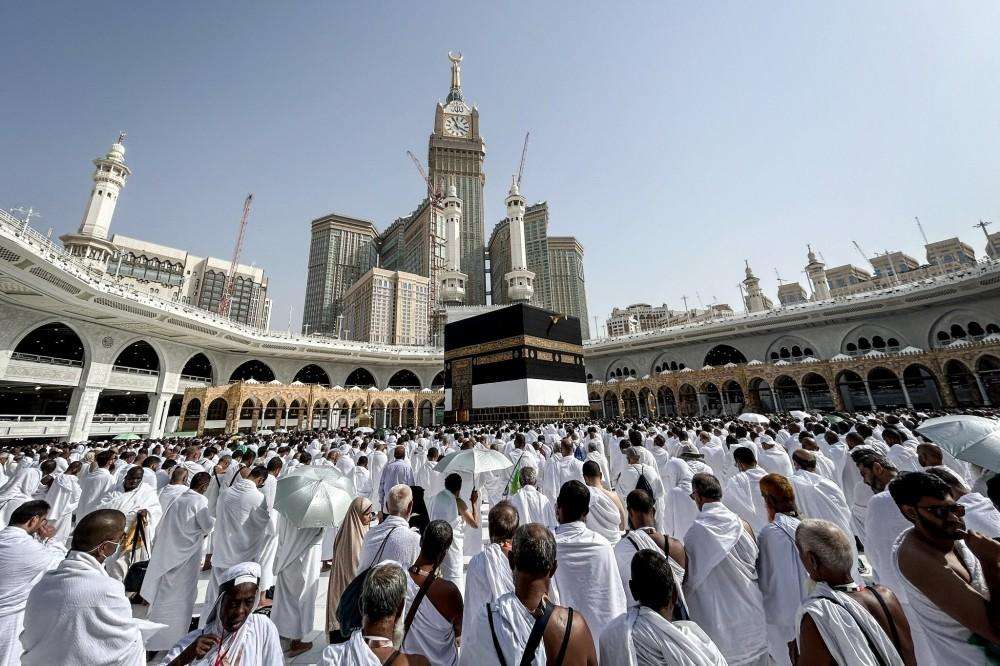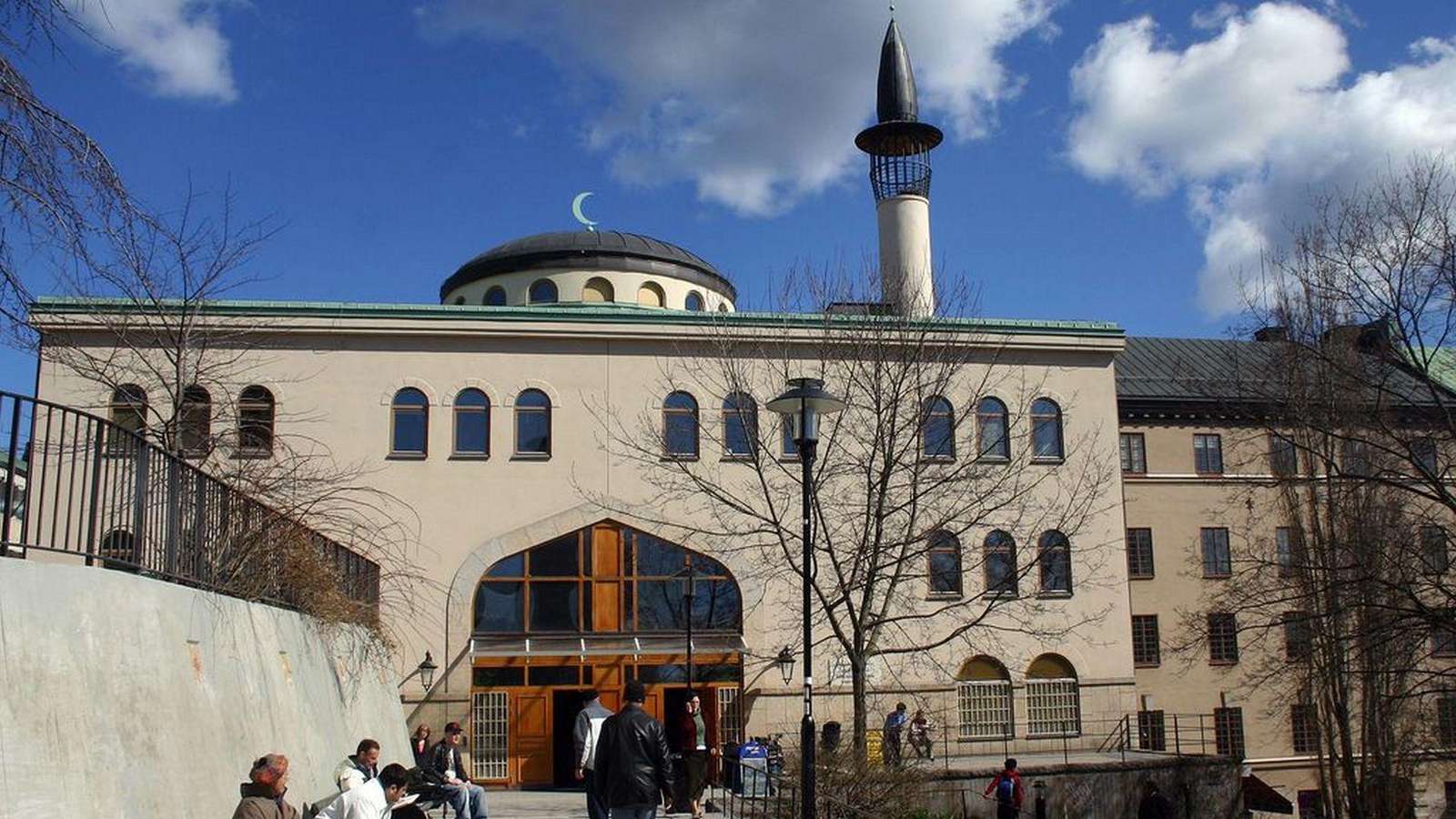As thousands of citizens are affected, medical experts are emphasizing the necessity of immunizations in protecting against potential health hazards.Doctors stressed the importance of preventive measures as pilgrimage numbers are projected to increase. The medical specialists were speaking at the 24th edition of Medlab Middle East, which is presently taking place at the Dubai World Trade Centre from February 3 to 6. Over 800 exhibitors from more than 40 countries will be present to showcase developments in medical technology and healthcare.
Khaleej time's reported,medical professionals are advising residents to take necessary health precautions, including recommended vaccinations, to ensure a safe and healthy pilgrimage. Dr Laila Abdel Wareth, CEO of the National Reference Laboratory (NRL), Chair of Clinical Pathology at Cleveland Clinic Abu Dhabi, and President of the Emirates Clinical Chemistry Society, emphasised the importance of vaccination during this season.“This is the time when many people travel to Makkah for Umrah, increasing exposure to various pathogens, including meningococcal infections,” she said. “There are specific vaccines for these illnesses. Those planning to visit Makkah should consult primary healthcare clinics, inform them about their travel plans, and receive the necessary vaccinations. These , RSV, meningococcal, and others.”
Dr Abdel Wareth also highlighted the UAE’s robust outbreak preparedness system to combat future pandemics.
“The UAE actively participates in a global surveillance program under the World Health Organisation (WHO). All laboratories in the country monitor pathogens, testing patient samples from various hospitals. Some of these samples are sent to the national surveillance lab, where experts analyse and classify different strains, such as influenza, particularly during peak seasons like now,” she said.
If a new pathogen is detected, the lab sequences it and reports it to the WHO, detailing the symptoms observed in patients. This allows WHO laboratories to further investigate and characterise the pathogen.”AbdelWareth stressed that by ensuring timely vaccinations and maintaining a strong disease surveillance system, the UAE continues its commitment to safeguarding public health.
Similarly, Dr Hiba Al Humaidan, Director and Chair of the Department of Laboratory Medicine and Pathology at Dubai Health, Dubai, UAE, emphasised the country’s strategic plan to be implemented in readiness for any unforeseen medical situation.
She said, “As a transfusion medicine physician, I have observed a clear shift toward maintaining a strategic stock of blood to ensure preparedness for future supply needs. During the pandemic, blood supply was limited due to a decline in donor turnout at collection centres. While we managed to overcome this challenge through various measures, we are now taking a more proactive approach.
This includes maintaining a strategic reserve of frozen blood and implementing additional contingency plans. The pandemic served as a wake-up call for the healthcare sector, highlighting the importance of preparedness not only for infectious outbreaks but for any potential crisis," she added.




_3.jpg)



.svg)

